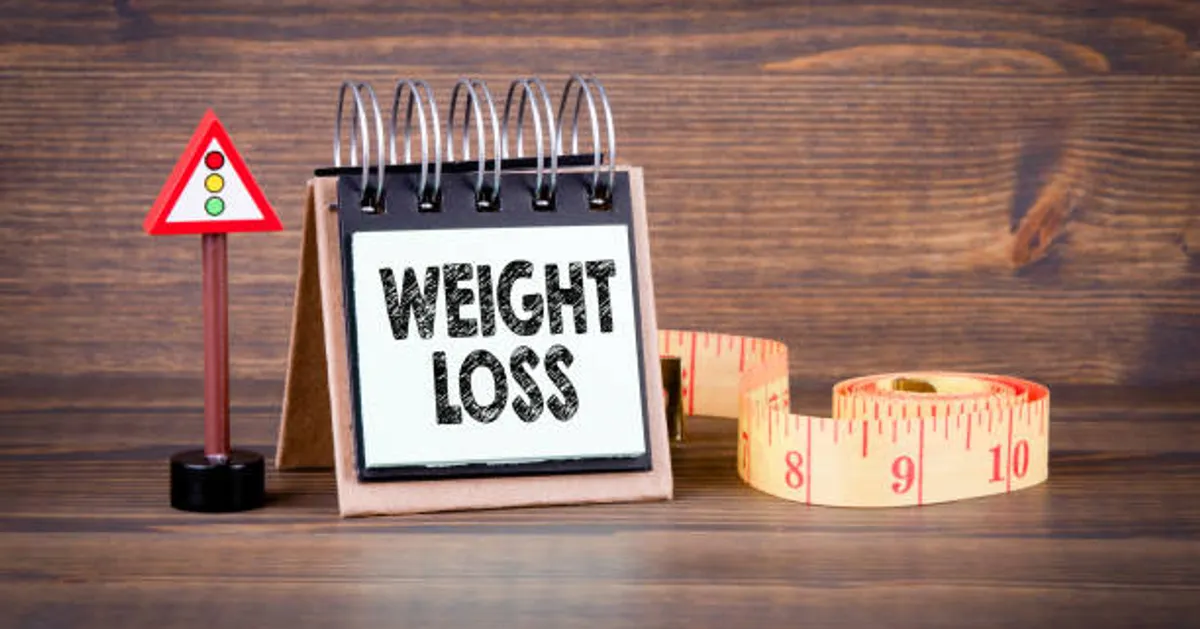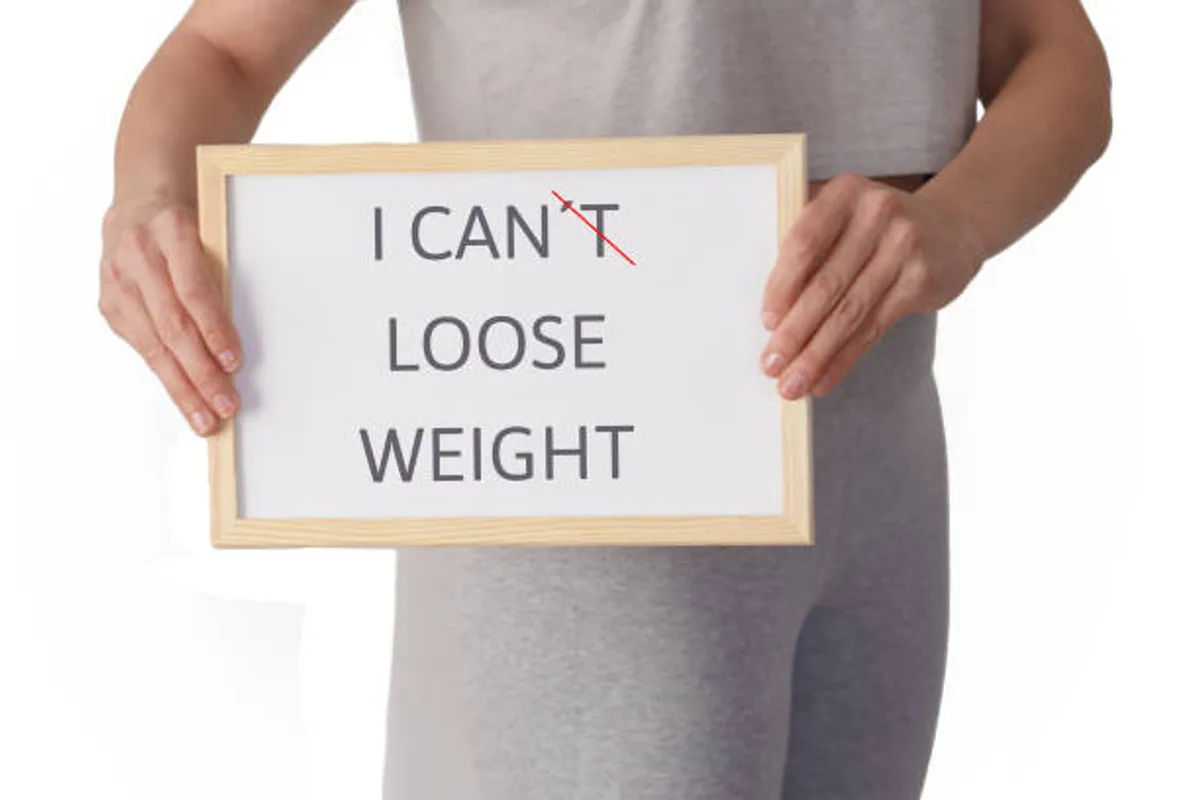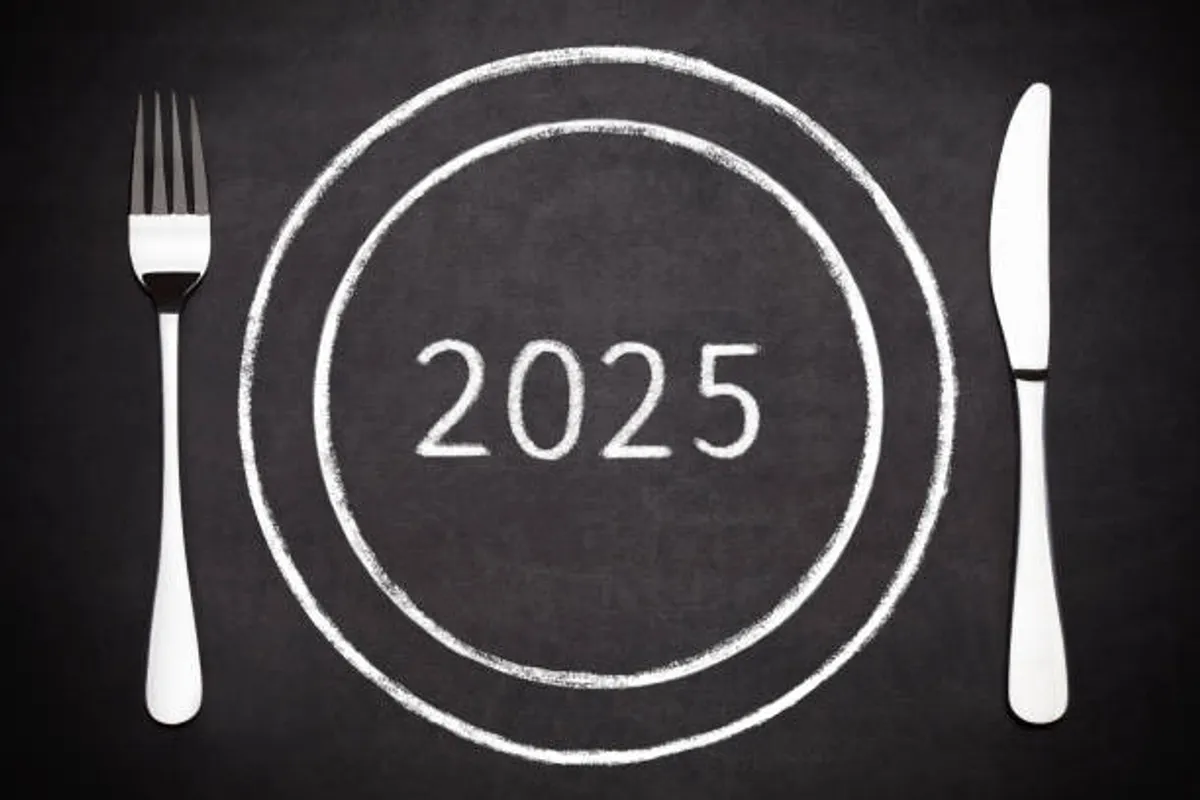
Weight Loss Myths Debunked by Experts

GeokHub
Contributing Writer
Weight loss advice is everywhere — from social media influencers to fitness blogs. But not everything you hear about dieting and exercise is backed by science. In fact, some of the most popular weight loss claims can actually hold people back from achieving their goals. Health and nutrition experts say it’s time to separate fact from fiction.
Myth 1: Carbs Make You Gain Weight
The Truth: Carbohydrates are not the enemy. Nutritionists emphasize that whole grains, fruits, and vegetables provide essential energy, fiber, and nutrients. Weight gain comes from overeating in general — not carbs alone. The real problem lies in processed foods high in sugar and refined flour.
Myth 2: Skipping Meals Helps You Lose Weight Faster
The Truth: Skipping meals often backfires. Dietitians explain that it can slow metabolism and lead to overeating later in the day. Balanced, portion-controlled meals are more effective in supporting steady weight loss.
Myth 3: Eating Fat Makes You Fat
The Truth: Healthy fats, such as those from avocados, nuts, and olive oil, are essential for the body. Experts note that fat supports hormone regulation, nutrient absorption, and satiety. It’s excess calories — not fat itself — that lead to weight gain.
Myth 4: Weight Loss Is Just About Willpower
The Truth: Doctors highlight that genetics, hormones, sleep, and stress all play significant roles in weight management. While discipline is important, biology often dictates how quickly or slowly someone can lose weight.
Myth 5: Supplements and Detox Teas Guarantee Results
The Truth: Despite clever marketing, most weight loss supplements and detox products have little scientific backing. Experts stress that no pill or tea replaces the basics: a balanced diet, physical activity, and consistency.
Myth 6: You Must Exercise for Hours Every Day
The Truth: Effective workouts don’t have to be long. Fitness trainers point out that 30 minutes of moderate activity — such as brisk walking, cycling, or strength training — most days of the week is enough to boost metabolism and support fat loss.
Myth 7: Losing Weight Quickly Is Better
The Truth: Rapid weight loss often results in muscle loss and rebound weight gain. Experts recommend aiming for 1–2 pounds per week, which is both safe and sustainable.
The Bottom Line
Weight loss is not about following fads or believing myths. Instead, experts recommend a balanced approach that combines healthy eating, regular exercise, quality sleep, and stress management. Understanding the truth behind common misconceptions can help people avoid frustration and make lasting changes.
Frequently Asked Questions (FAQ)
Q: Is it true eating late at night causes weight gain?
A: Not exactly. It’s the total number of calories consumed throughout the day that matters most. Eating late becomes an issue only if it leads to overeating.
Q: Do I need to cut out all sugar to lose weight?
A: No. Experts say moderation is key. Natural sugars found in fruits are healthy, while added sugars in sodas and desserts should be limited.
Q: Can drinking water really help with weight loss?
A: Yes. Drinking water before meals can reduce hunger, prevent overeating, and support metabolism.
Q: Is cardio the only way to lose weight?
A: No. Strength training is equally important as it builds muscle, which helps burn calories even at rest.
Q: Can genetics stop someone from losing weight?
A: Genetics can influence body type and metabolism, but lifestyle choices such as diet, exercise, and sleep play a much bigger role in long-term results.








